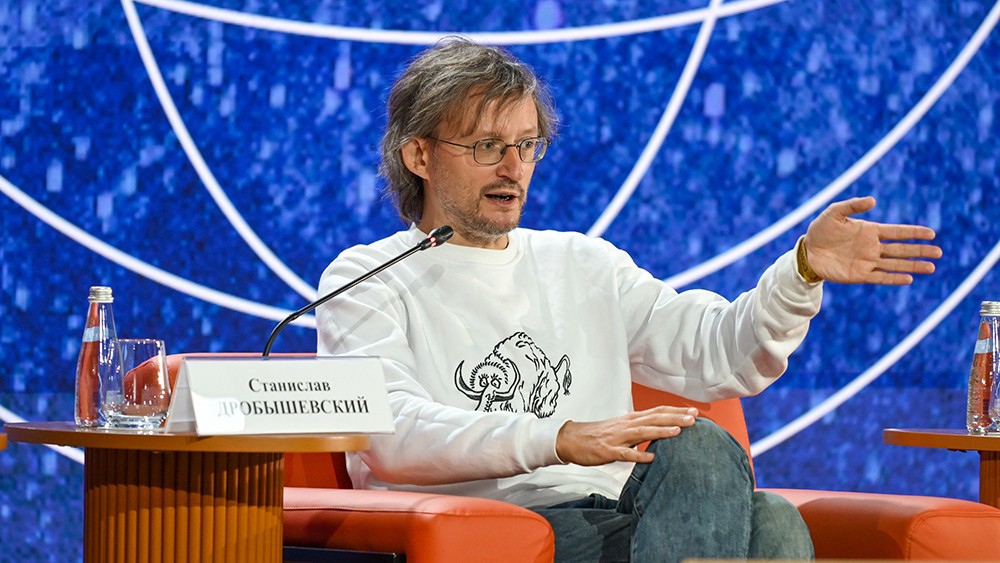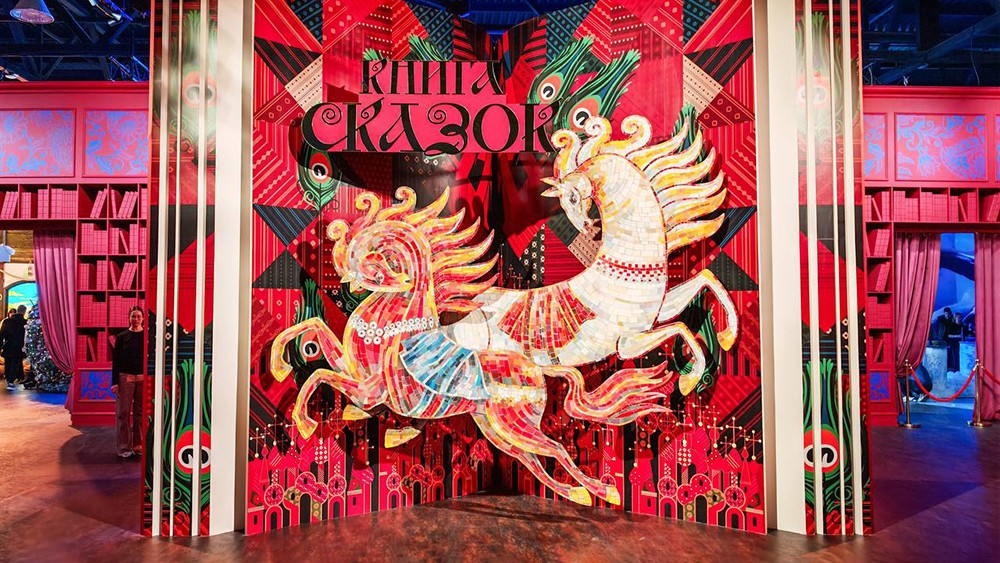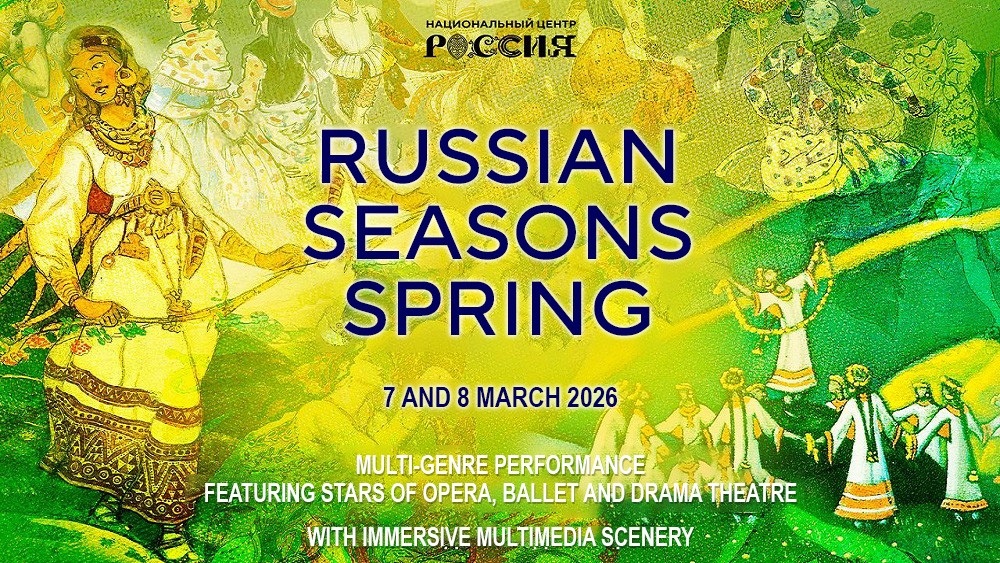The role of Russian cosmism in uniting humanity discussed at the "Inventing the Future" Symposium
On November 4, the National Centre RUSSIA hosted a research session titled "Russian Futurology (Russian Cosmism)" within the framework of the International Symposium "Inventing the Future" in Moscow. Experts explored the ideas of Russian cosmists, their significance for creating a positive vision of the future, and their potential role in humanity’s development.
As session moderator Boris Prokudin, Doctor of Historical Sciences and Associate Professor of the Faculty of Political Science at M.V. Lomonosov Moscow State University, noted, all cosmists believed in the necessity of uniting the world to achieve global goals, including space exploration.
"The idea that humanity would venture into space had seemed impossible for a very long time. But both Tsiolkovsky and Fedorov believed this could be achieved through human unity. According to scientists, we must first overcome social issues, eradicate war, violence, and inequality. Only then can we aspire to explore space," said Boris Prokudin.
Doctor of Philology, Senior Researcher, and Head of the Department of Contemporary Russian Literature and Literature of the Russian Diaspora at the Institute of World Literature named after A.M. Gorky, Anastasia Gacheva, also affirmed the idea that overcoming the crisis of civilization lies at the core of cosmism.
"Cosmism is important today not only for its foundational role in astronautics and its vision for space activities but also because it seeks to address a crisis of values. There’s a catastrophic gap between technological and scientific advancements and fundamental anthropological questions," she emphasized.
Gacheva also noted that today’s world often seeks to reduce the human role to that of an operational unit, while cosmism places humanity at the centre and assigns a duty of benevolent management over both the Earth and the cosmos.
One topic of discussion was future planning, which, according to Sergei Pereslegin — scientific head of the "Sociosoft" project, director of the Knowledge Management Centre at IRIAS, a leading Russian expert in prognostics, physicist, sociologist, military historian, science fiction theorist, and publicist — is essential not only for current generations but also for future ones.
"Any of our desires can come true, though rarely in the way we envision. But future generations will still build upon them and set even higher goals. For human development is the projection of dreams and goals into the future, which is precisely what we must focus on now," concluded Pereslegin.
In conclusion of the discussion, experts explored whether Russian cosmism could become a force uniting all nations. As noted by Miroslav Ivanovic, a distinguished researcher from Serbia, just as Christianity's ideas gradually found a place in people’s hearts and minds, so too should the ideas of Russian cosmism gain a special place in society.
"In Russia, diverse traditions and peoples coexist, so Russian cosmism should serve as an overarching structure, because harmonious unity can only be achieved on shared values of justice and morality. Moreover, I believe that the ideas of Russian cosmism can also resonate even in other countries with ancient cultures, such as China and India," Ivanovic shared.
Doctor of Philosophy and Associate Professor at the Gregory Tsamblak Taraclia State University, Tatiana Batyr, supported Ivanovic’s opinion.
"Modern society today faces the turmoil of change, experiences crises, and seeks ways out, one of which lies in the ideas of Russian cosmism. These ideas reflect the most cherished sentiments of every person, regardless of cultural, national, or religious background," concluded Batyr.
The International Symposium "Inventing the Future" is being held from November 4 to 6. Participants include scientists, researchers, futurists, science fiction writers, and representatives from government bodies from 101 countries, including Russia, India, Italy, Iran, China, the UAE, Serbia, the USA, and France. The program features over 60 sessions across four tracks: "Future of Human," "Future of Technology," "Future of Multipolar World," and "Future of Civilizations." The program and event broadcasts are available at the website future.russia.ru.
The International Symposium "Inventing the Future" is the first event of the National Centre RUSSIA, which was established on July 1, 2024, by the order of President of the Russian Federation Vladimir Putin. The Centre aims to preserve the legacy of the International RUSSIA EXPO and showcase the achievements of the country and its citizens. The work of the Centre involves federal authorities, state companies, corporations, and regions.
The "Journey Across Russia" exposition at the National Centre RUSSIA helps tell the story of humanity’s past, its roots and evolution.
The "Book of Fairy Tales" exposition concluded on 28 February at the National Centre RUSSIA.
The original multi-genre performance "Russian Seasons. Spring" will be staged at the National Centre RUSSIA on 7 and 8 March.



